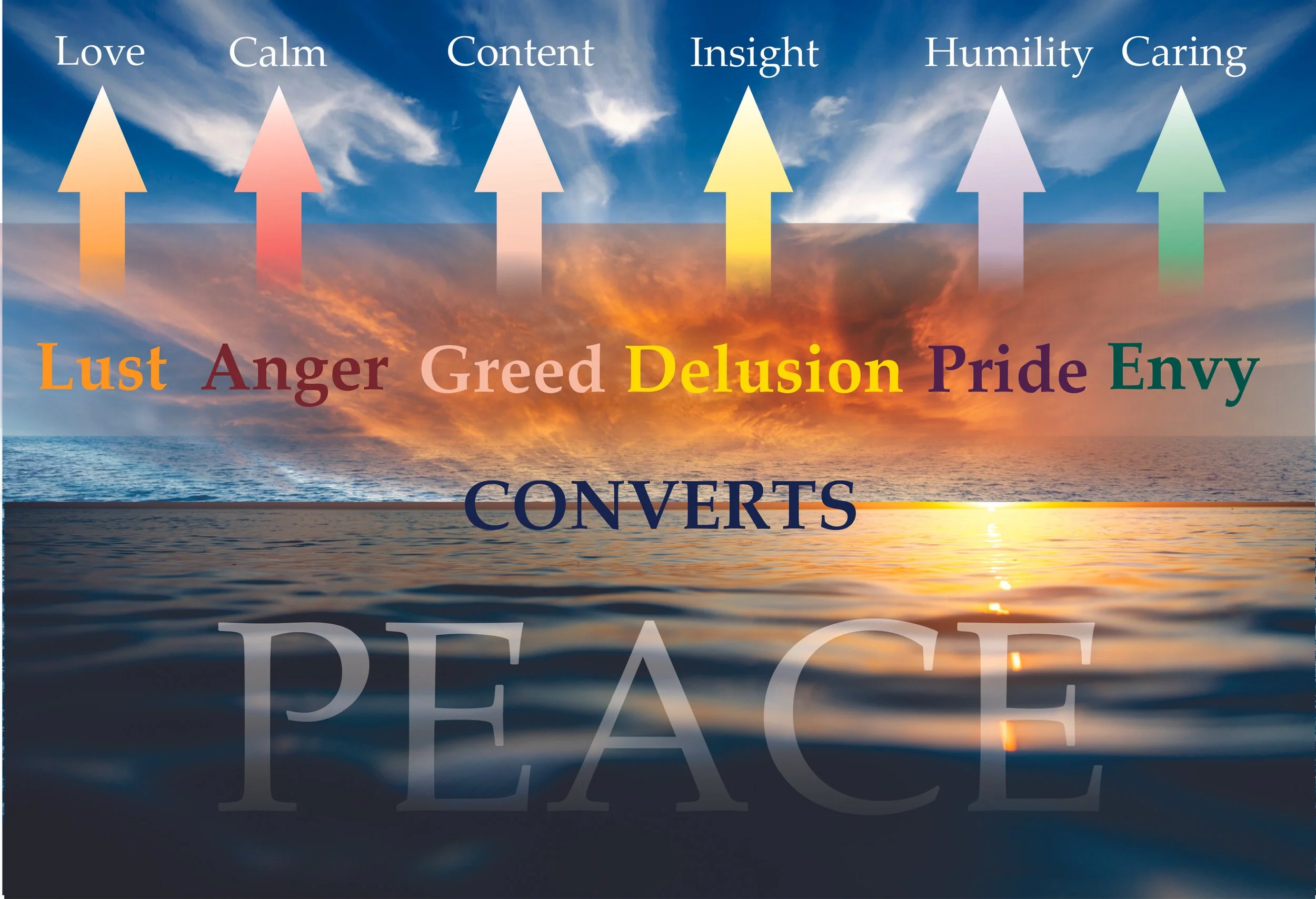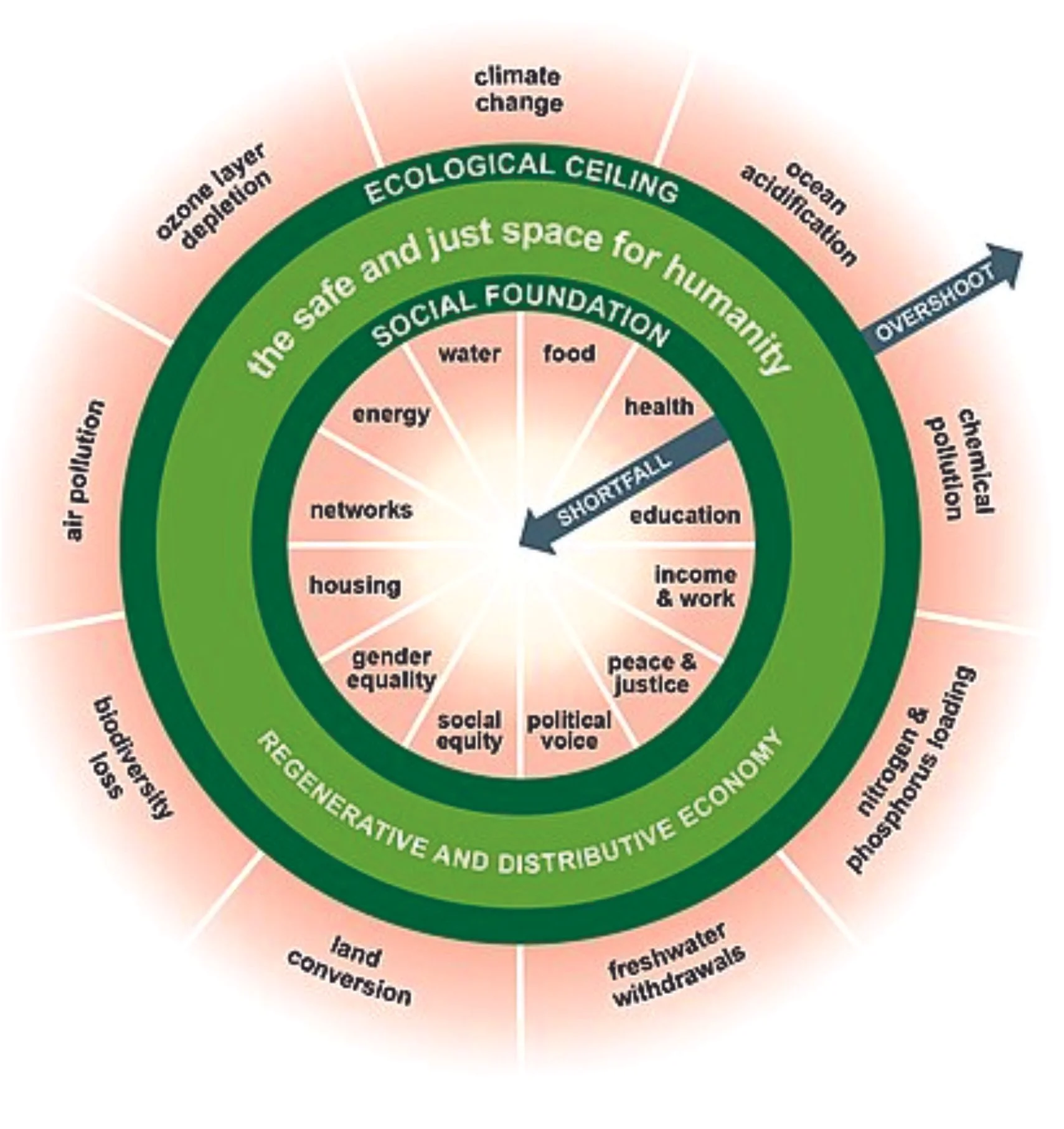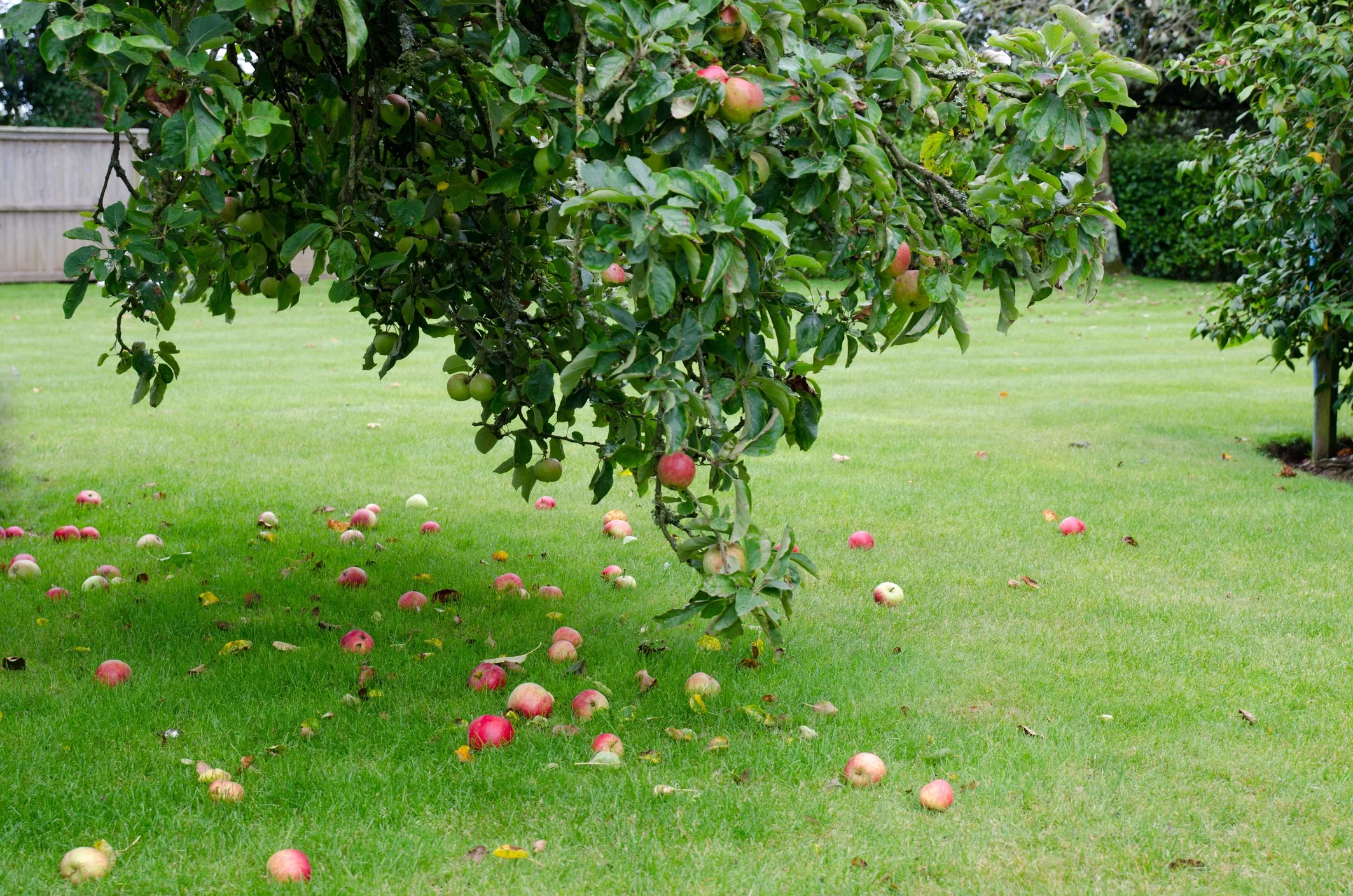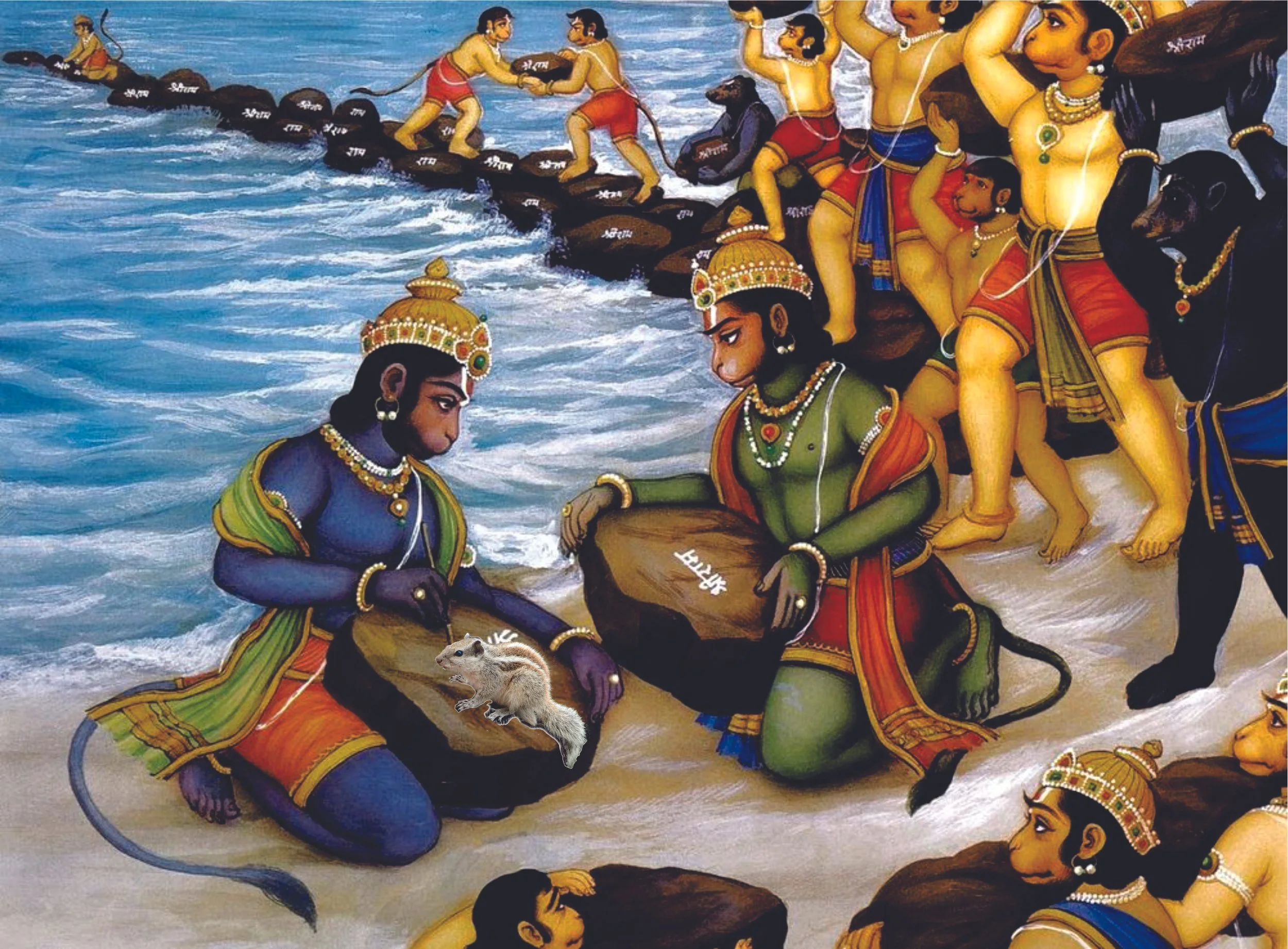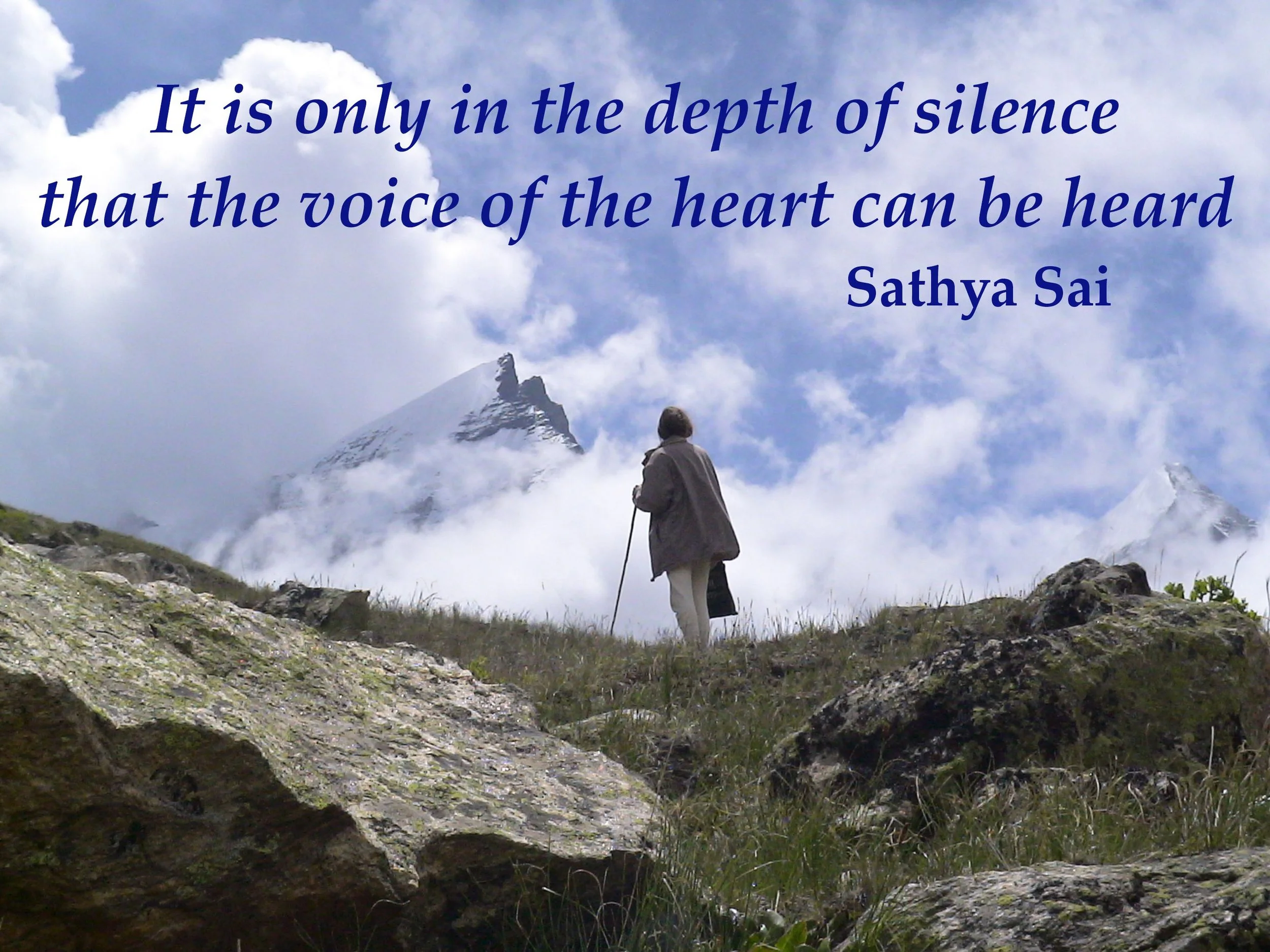PREMA JYOTHI Newsletter of the Prema Trust and Sacred Earth Community – September 2025
World peace can be achieved when you develop inner peace. Everything is the reflection of your inner being. You can have peace in your house when you yourself have peace. Sathya Sai Baba
Kia Ora Koutou
Welcome to our second episode of the values series. Now, we dive deep into the heart, into the realm of Peace. Sai talks of inner peace. How can we establish ourselves in such peace when everywhere we see violence and disruption, we see chaos and confusion? From where does this unrest arise? Perhaps such a state arises from peoples’ disconnection and the feeling of separateness. The greatest pandemic of the age is not caused by viruses or any other microorganism, but rather the fear, anxiety and depression that pervades the minds of people. There is a deep dissatisfaction within the populace of most countries. Such confusion and anxiety causes people to cast blame on others and look to an outward solution to relieve the pain. So, we gather more material ‘things’, thinking that these will assuage the sense of incompleteness that we hold.
However, these external ‘props’ in our lives do not seem to solve the underlying problem. We go on waging war in the battlefield of our souls and waging war with ‘others’, often leading to full-scale war between peoples and nations. Fear feeds fear, resentment feeds resentment, bitterness feeds bitterness. Often, we despair of any solution to the problems that beset us. Governments, despite that they might have benevolent motivations and intentions, do not seem to be able to solve these overwhelming issues. What then can be the solution?
In spite of all comforts and conveniences, people today are unable to experience peace because they are filled with evil thoughts. One will be filled with fear and anxiety when a snake enters one’s house. Such being the case, how can one attain peace when the venomous snakes of attachment and hatred have entered the heart? It is impossible to attain permanent peace as long as one does not give up attachment and hatred. Sathya Sai
We have let the ‘snakes’ into our house and we are living in ‘terror’. There are many snakes that can become ‘pestilent’ within our minds. Vedanta talks of the six enemies of spiritual life. These are designated thus:
kaama (lust, craze, desire)
krodha (anger, hatred)
lobha (greed, miserliness, narrow-minded)
moha (delusory emotional attachment)
mada (arrogance, pride, stubborn mindedness)
maatsarya (envy, jealousy, show or vanity)
We are all subject these influences as long as we are in a body. How then is it possible to attain the supreme peace (Prashanti)? All of these six enemies exist within the illusion of separateness.
Kaama: Desire arises because we are drawn to possess something outside of ourselves. However, desire is never satisfied and only feeds more desire. We are drawn into a cycle that allows no peace to enter the mind as we become preoccupied with the object of our desire. What if we were to desire to free ourselves from desire. This the ‘thorn’ that is used to remove the thorn of all other desires. Ultimately, this desire for liberation must also be surrendered, for Self-realisation is not something to be attained, but spontaneously arises from our own beingness. Peace is the key and Love the outcome.
Krodha: Anger arises from thwarted desire. Even the so called ‘righteous anger’ arises because we wish circumstances would be different and we direct such anger at ‘others’. Truly, there is no ‘other’ to be angry with, for all are reflections of the One. Anger is the supreme enemy of inner peace. When we get angry, we become taken over by a fire that consumes any vestige of peace we may have had prior to our rage. The only answer to the flames of anger is to dive deep into the cooling waters of the Heart, to the Peace within.
Lobha: Greed is a force that wishes to keep everything for oneself. It fosters a sense of ‘having this for me’. In truth, there is only so much we need, any more is only greed. Greed denotes a sense of dissatisfaction with what we already have. Our inner lives can be rich beyond compare, for we can be content (peaceful) with the life we have and not focused on possessions.
Moha: Delusion arises from attachment, the sense of something external being real and being ours. There is a large emotional component to delusory thoughts, as there is in all the six. Delusion is most evident when someone close to us dies. An often-heard statement is that “so and so is no more”. Is that really the case? Or is this really a reflection of our attachment to the body of that person? The attachment to external objects or people disturbs our sense of peacefulness, for those attachments become to sole object within our minds.
Mada: Pride arises from a feeling of being better than someone else. It pervades all levels of experience, even the spiritual level. It separates us from others. Sometimes it is good for us to lose, to be humbled, to be at peace with our situation. We learn and grow more under that circumstance. We realise that we are no better than anyone else, whatever accomplishments or possessions we may have
Maatsarya: Jealousy is a poison that seeps, not simply through us, but through communities, causing much pain and suffering. To want what someone else has means to feel that they are getting more than us. It has consequences far beyond our own lives and spreads insidiously across the planet, causing chaos and mayhem. Deep serenity allows us to let go of thoughts about what other have (and the envy that arises from those thoughts) and focus on the richness within our own Heart.
To rise beyond the six enemies, the tendencies that keep us from knowing ourselves, we need to draw upon the reservoir of Peace that is found in the silent Heart. All our spiritual practices will come nought if we cannot transcend the mental disturbances (called vrittis in Sanskrit).
Pieces of mind to Peace of Mind
Often people have asked Sathya Sai to give them peace of mind. On several occasions He has responded with “pieces of mind”. What does this mean? Sai tells us that the mind is like a cloth with desires being threads in the cloth. As we remove the threads, the cloth disintegrates. So too, if we remove desires, piece by piece, the mind’s grip on our lives lessens. Perhaps, instead of asking for “peace of mind”, which may be unobtainable, we could ask for pieces of mind to slowly be removed. Then peace will surely come.
This task can be approached with a joyous heart. Mother Theresa talks of the value of an inner smile, an inner joyfulness. Instead of bemoaning the loss of this and that, we can rejoice to see that these attachments are falling away.
Naturally fear arises. “What will I do without this treasure that I have accumulated?” “My life will be empty.” In order to fill the heart with shanti (peace), we need to empty the heart of all that leads to ashanti (disturbance and worry). The more we have, the more we worry about losing what we have. Letting go of attachment to material objects, friends and family, ideas and concepts, creates freedom. We begin to become lighter. Perhaps that is one meaning of the word ‘enlightened’. The heart becomes unburdened. Instead of feeling a loss, we feel a release of tension. Maybe peace begins and continues with a smile!
Contentment – Resting in the Heart in Peace
In a world where there is a rush to accumulate more and more, contentment is a rare commodity. Our economies rely on people consuming more. In fact, the indicator of a good economy is called GDP (Gross Domestic Product) and is reliant on this figure growing every year, which is reliant on human beings consuming more.
Doughnut Economics diagram
The green round space represents sustainability
There is a new economic model that has parallels to our spiritual lives. Doughnut economics postulates that we should not have excess economic activity more than an ecological ceiling, as it has consequences that affect our environment and our society. Neither should there be too little economic activity, less than a social foundation, which can result in injustice, poverty and other social consequences. (See the diagram for a pictorial representation of the model.
The middle ground (the doughnut) is where we can begin to live a life balanced between consumption and depletion.
So too, with our spiritual lives we have the potential to balance spiritual input (as in teachings and practices) and spiritual output (inner growth and its manifestation in service). We can become consumerist in our spiritual search. There has been a phenomenon of people going from ‘guru’ to ‘guru’ looking for answers. We search outside of ourselves to find the answer to our discontent. We can be in danger of spiritual consumerism, as much as material consumerism.
What then is pathway to inner peace if it cannot be found in the spiritual teachings. Countless books have been written, many offering valid advice in a spiritual sense. Yet there is no let-up in our confusion and dissatisfaction. When we look outside of ourselves to a technique or method to bring us peace, we are like a person searching for lost property in the wrong place. It is only when we begin to turn inward, that we start to traverse the minefield (mind-field) that exists in our lives. Merely gathering methods and techniques, this and that philosophy or teaching cannot quench our thirst to truly know ourselves and to begin to experience peace.
Sai tells a pertinent story
“A farmer yearned to take up more land for cultivation and he went in search of land. He learnt that in a Himalayan state, good land was cheap and easily available. So, he proceeded thither. The King promised to give him all the land that he could walk around from sunrise to sunset on a single day.
So, in his uncontrollable greed, he rose with sun and without wasting a minute for breakfast, he walked fast--indeed, he ran very fast--in order to cover as much land as he could. He never took a second's rest; he was happy that he could get a pretty vast area free; when the sun was about to set, he was within a few paces of the point from where he had started. He was too exhausted to take even the few steps he needed; he fell down on the ground he coveted so much and breathed his last.
At last, he got only six feet of ground for his grave. Greed spelt his doom. In spiritual matters too people have this greed. They are immersed in worldly tumult for 23 hours and 55 minutes, they remember God for 5 minutes only (when some fear overtakes them. it may be a few minutes more) but expect God to set right all their problems. To become pure enough to deserve Grace, you have to remember God, whenever you get the chance, wherever you get the prompting.”
Greed and the desire to possess spiritual acquisitions will not avail to assuage the lack of serenity we feel within our being. Letting go of the need to ‘know’ or ‘understand’, to be able to perform the best yogic contortion or the longest time in meditation, is an important step in the journey from the heart to the Heart. Spiritual knowledge will not automatically confer peace. The heart that has emptied itself of all desire and all petty concerns, begins to come into the still place where we can find ourselves.
Equanimity is Essential
Equanimity, the ability to see everything that happens as simply what is happening, is a quality rare in today’s world. Yet, it is a quality that is pivotal to our experiencing peace. When supposedly bad things happen in our lives, our conditioned response is to react, be it with fear, anger, anxiety or worse, violence or a sense of wanting revenge. The deep pool of peace in our lives is disturbed and we cannot help but respond from an emotional place inside ourselves.
The equanimous outlook looks at events in our lives from a different lens. The still, peaceful heart says to itself, all is for the greater good. There is an instructive story from the Zen Buddhist tradition that illustrates this.
A poor old farmer had very little. One of his possessions was a horse. The farmer also had a teenage son. One day his horse ran away. A bunch of neighbours came to the farmer and said, “We are so sorry you lost your horse,” and tried to console the farmer on his bad luck. However, the farmer, who was quite unusual stated, “We will see, it could be good or bad luck.”
The neighbours didn’t know what to make of his response.
Within a few days, the horse returned along with two wild horses. Now the neighbours started rejoicing and congratulated the farmer. “That’s brilliant! Now you have three horses!”
The farmer said, “We will see, it could be good or bad luck.”
The neighbours were flummoxed as to how the farmer could think like this. Several days went by. The farmers son decided to go riding one of the wild horses. Unfortunately, he fell off and broke his leg. The wild horse, not used to being ridden. The neighbours came over again, offering condolences to the old man. His son wouldn’t be able to work in the fields anymore.
And the old farmer again said, “We will see, it could be good or bad luck.”
The neighbours thought that this was a really mean thing for the farmer to say and walked away shaking their heads, thinking bad thoughts about the farmer. It happened that a few days later an army came to town. The army rounded up all the young men in the village and forced them to go to war. The war was incredibly dangerous and there was little likelihood the boys would return home. But they couldn’t take the farmer’s son. He had a broken leg, so he got to stay behind!
Life throws us many surprises. At the time, some are perceivably good, some are perceived as bad. If we meet all that happens with equanimity in the heart, we begin to sail the calm waters of peace that arise in the heart. Such an attitude will allow us to meet life’s circumstances with an open heart. The heart that is open to all possibilities, that proactively fosters an attitude rooted in the immovable reality of our ultimate being – the Self. So many stories of saints and wise people tell of unspeakable ‘tragedies’ in their lives. Yet, these happenings are met with calmness and acceptance that arise from a heart that encompasses all with love and undisturbed peace. Difficult as it may be, the practice of equanimity, is an absolute essential component of a spiritual life.
Humility arises from within
An equanimous outlook sees everything and everyone as having equal value. Pride robs us of practising such an outlook, as it separates us from others and allows for thoughts of superiority and inferiority. The proud person begins to scheme as to how they can remain superior to the common throng. Such thoughts begin to disturb the heart. Where there is true humility (as opposed to putting on a false humbleness), there a certain peacefulness, for there is no sense of competing to be the ‘best’. Sai puts it like this:
“Learn a lesson from the tree. When it is heavy with fruits it does not raise its head aloft in pride; it bends low, stoops, as if it does not take any credit for its accomplishment and as if it helps you to pluck the fruit. Learn a lesson from the birds. They feed those who cannot fly far; the bird relieves the itch of the buffalo by scratching it with its beak; they help and serve each other, with no thought of reward. How much more alert must man be, then, with his superior skills and faculties? Service is the best cure for egoism; so, engage in it to relieve pain and grief to the extent that you can.”
Sai also tells a pertinent story about the value of humility
“In the Ramayana, apes brought huge rocks and threw them into the sea to build a passage across for Rama and His army; the tiny squirrel too helped, as far as it could: it rolled on the sands on the seashore, ran towards the heap piled as part of the passage, whisked the sand from its fur by a vigorous shake, adding only a pinch of material to the quantity heaped by the giant apes. Rama saw the squirrel; He appreciated its devotion; He took it fondly in His palm; He stroked its back tenderly, and with a blessing. That was ample reward. The squirrel race has since acquired three lines on its back; to indicate that sign of gratification and grace. Try to assuage, as far as you can, the distress of others; it is the best sadhana for the aspirant.”
Finding Peace within the Heart
In conclusion, it has become evident that we need to dive deep into the heart to reach the still waters of Peace. We fill our lives with many tasks, ambitions, aspirations, hopes and dreams. We also fill our lives with anxieties, fears, uncertainty and even, at times, hatred and resentment. If, for even a moment, we can empty our lives, to go into the place where there is nothing that hides the truth of our Hearts – the Supreme Self.


